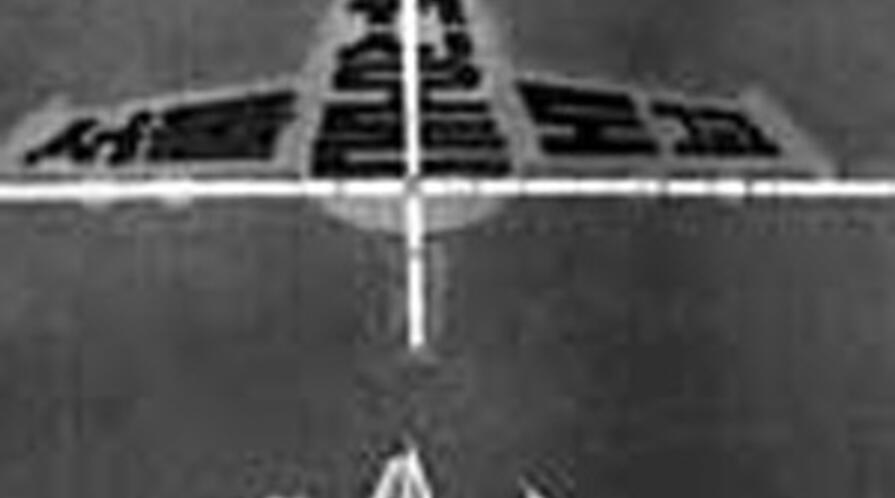U.S. and allies must stand up to North Korea's threat

North Korea's announcement this week of plans to test a nuclear weapon is hardly surprising. The six-party talks to negotiate an end to its nuclear program are dead, and the North faces escalating financial and economic sanctions by the United States and its allies.
Experts have long debated the real motivations of the North in developing nuclear weapons. Some contend that the nuclear program, even the latest pronouncement, is simply a bargaining chip to gain security guarantees and economic aid. Others see a long determination to become a nuclear state.
The North Korean leaders may have begun the nuclear program as leverage. But the U.S. invasion of Iraq seems to have hardened their conviction that the only way to protect their nation and their regime is to join the nuclear club. The North Koreans want to become a Pakistan rather than an Iraq.
Still, officials in Pyongyang hesitated to cross the provocative line of visibly demonstrating their capability. Pressure is being mounted to get them to back down from their pledge. But for a variety of reasons, they apparently believe the timing for a test is now optimal.
First of all, they hope to blame the Bush administration for their decision. In the statement issued this week, the North Korean government argued that alleged American war plans justify a nuclear test, a position that reflects the views of the North Korean military.
Second, the North anticipates the test will be successful. Although a plutonium weapon is more complicated than a uranium bomb, it is quite likely that the North now has sufficient confidence in a Nagasaki-style primitive bomb. This success would be an object of pride for an otherwise failing state, and bolster its claim to the status of a world-class military power.
Third, the North Koreans see their potential enemies tied down and unable to respond effectively. The Bush administration is locked into a disastrous war in Iraq, and about to be weakened even more if the Republicans lose the upcoming midterm elections. In South Korea, the government of President Roh Moo Hyun is already a lame duck and politically paralyzed.
Fourth, Pyongyang may bet that China and South Korea, the two principal sources of trade and economic aid, would not join the United States and Japan in any real sanctions against the North. The July missile tests by North Korea provoked international uproar and led to a U.N. resolution. But the real impact has been minimal.
Finally, the North may calculate that testing will facilitate Japan's efforts to become a "normal'' nation with a broader military role in the region. That prospect could increase tensions in Northeast Asia, especially between Japan and China, and that, the North may believe, is not necessarily bad for it.
The United States, South Korea and China must act together to show that these calculations are misguided and that the North will pay a painful price if it goes ahead. Certainly this severely tests the troubled American alliance with South Korea and the emergent partnership with China. But Pyongyang's miscalculations also offer an opportunity to repair the strained alliance and create a new structure of security cooperation in Northeast Asia.
It is no secret that Seoul and Washington have been at odds over how to deal with North Korea. But the test announcement has already accelerated a shift in South Korean opinion. Rather than holding the United States responsible for the current impasse, most Koreans now see North Korea as the instigator of crisis.
South Korean officials understand that without reinforcing the alliance now, no policy toward the North can be effective. The United States and South Korea should urgently agree on common action plans -- including a shutdown of investment and economic assistance from the South to the North -- and make those consequences clear to Pyongyang.
The planned visits of newly installed Japanese Prime Minister Shinzo Abe to Beijing and Seoul next week offer a similar opening to turn threat into opportunity. Abe intends to repair tattered ties to those Asian neighbors. Now the three Northeast Asian powers can demonstrate that a nuclear test will not lead to increased tensions but to the complete isolation of the North.
The danger of escalating actions that could lead, again, to war on the Korean peninsula is grave. The North Koreans should be assured that the door to a diplomatic solution remains open to them. But they must also understand that by profoundly misreading this moment, the North Korean leadership now stands completely alone in Northeast Asia.
Reprinted by permission.
